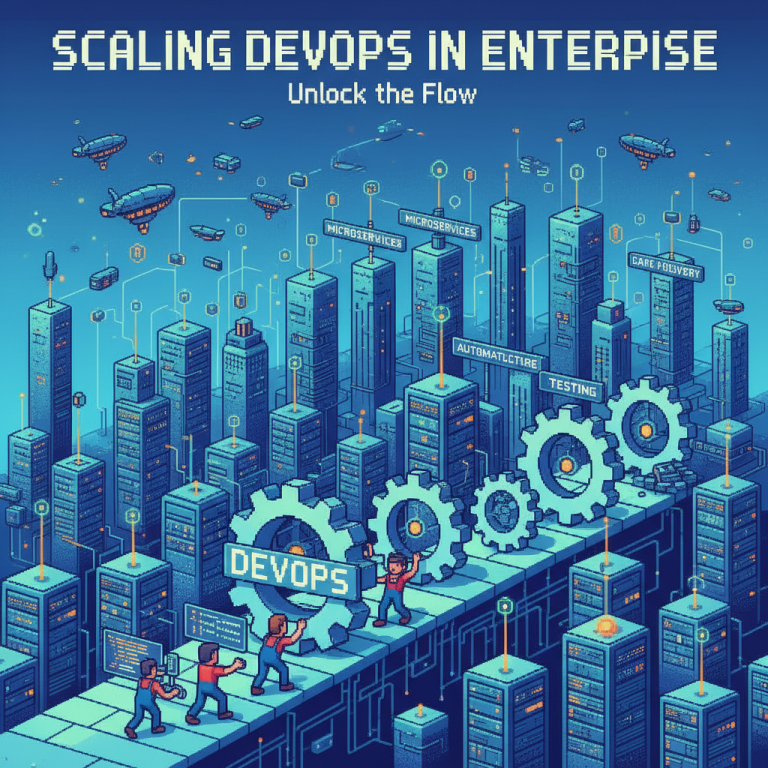
How to scale DevOps in large enterprises
The conversation about how to scale DevOps in a large company always gets stuck on tools. We argue about Jenkins…

The conversation about how to scale DevOps in a large company always gets stuck on tools. We argue about Jenkins…
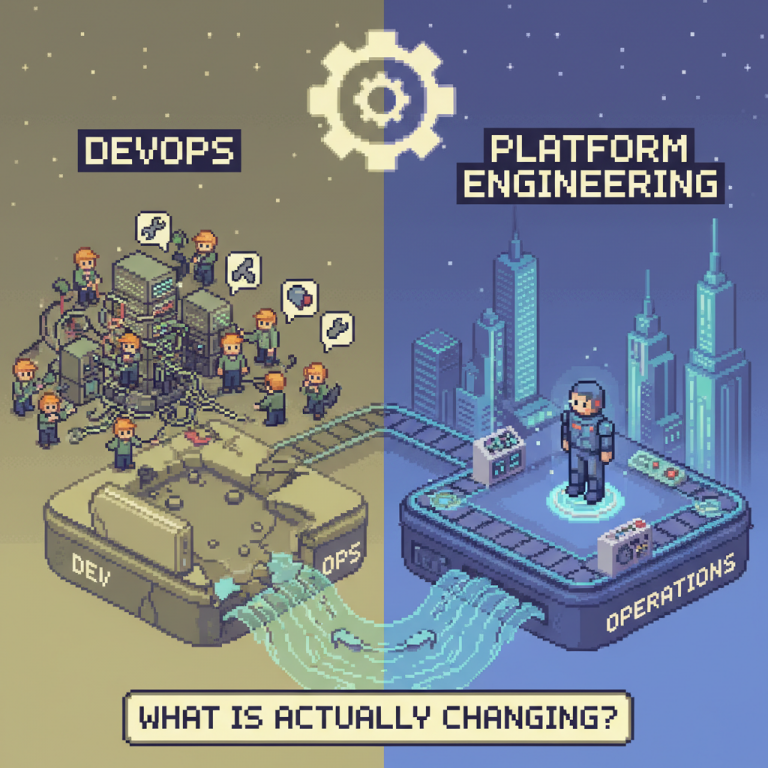
The conversation around DevOps vs Platform Engineering usually misses the point. We’re not just debating definitions. We’re recognizing a breaking…
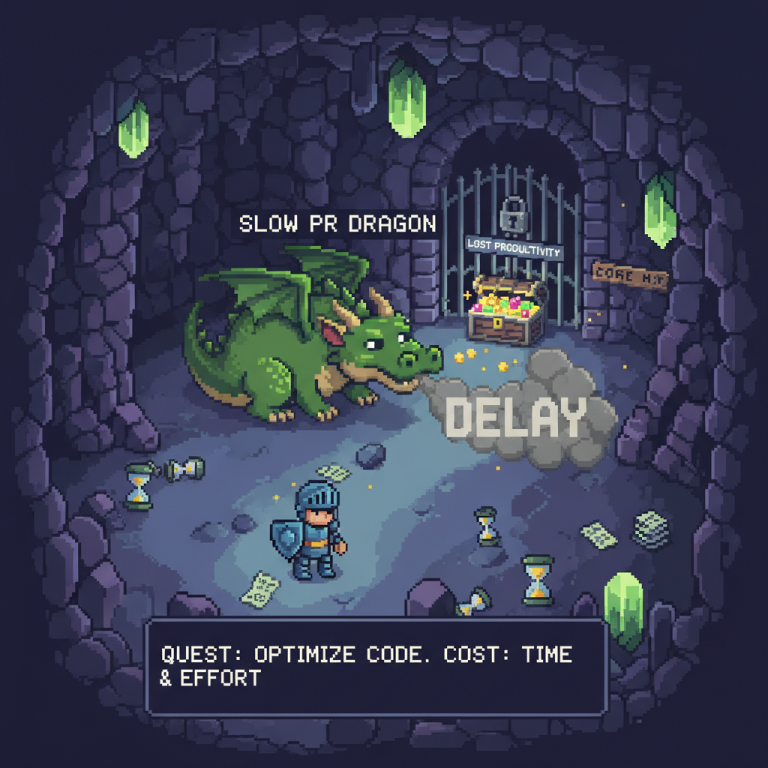
Every growing engineering team, at some point, hits a limit that has nothing to do with code quality or test…

The conversation about creating a Platform Engineering team usually starts with a feeling, not a metric. It’s the sense that…
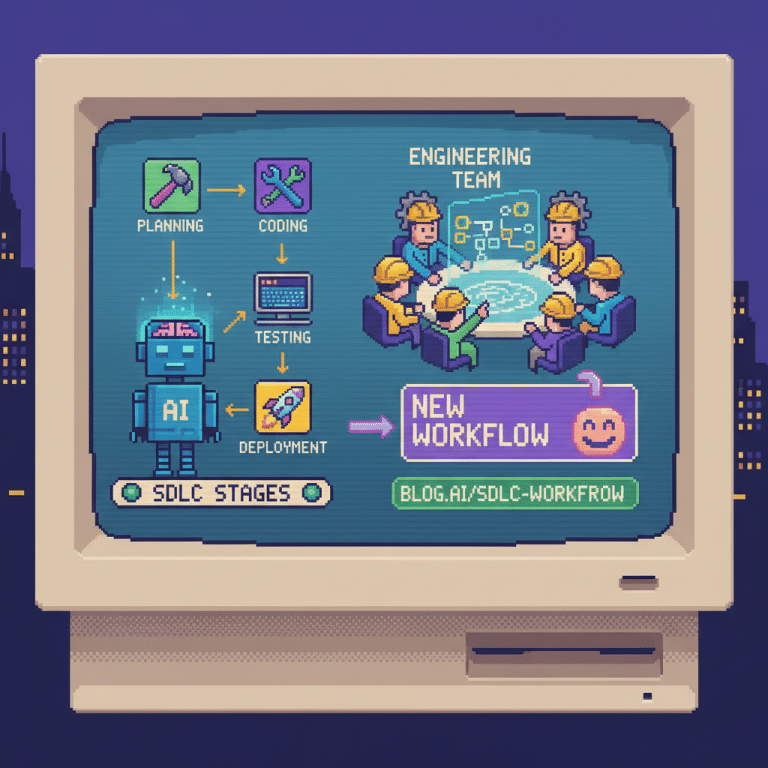
The current conversation about the future of engineering with AI usually revolves around developer productivity, typically measured by how fast…

At some point, every growing engineering team gets a scare: the monthly cloud provider bill comes in much higher than…

A bug report comes in involving a critical user flow. The frontend team traces the issue to an unexpected API…

You can feel it when part of the system is wrong. The whole team feels it. Builds are slow, tests…
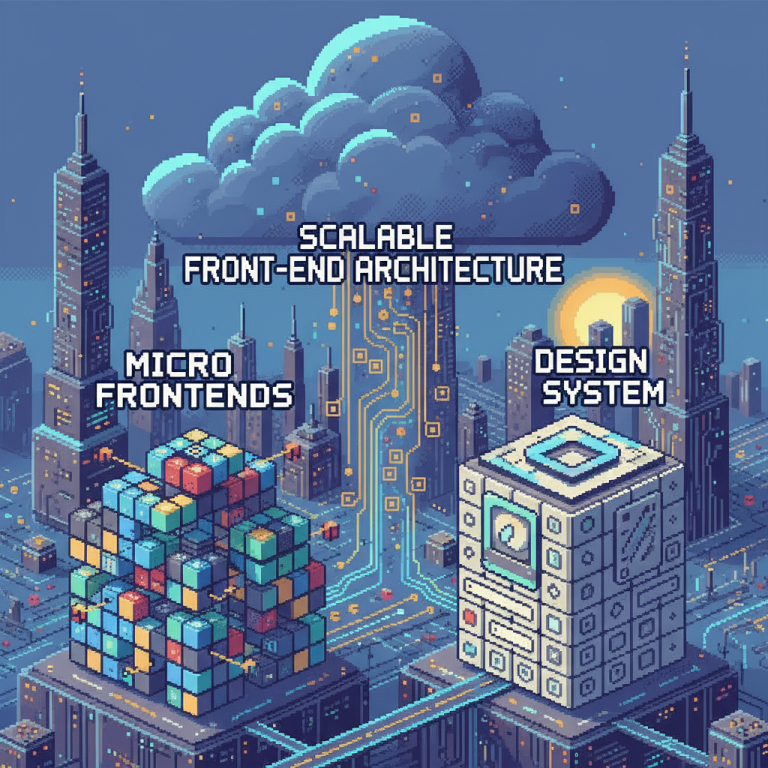
A front-end codebase with a few dozen developers working on it starts to show familiar signs of wear. Pull requests…